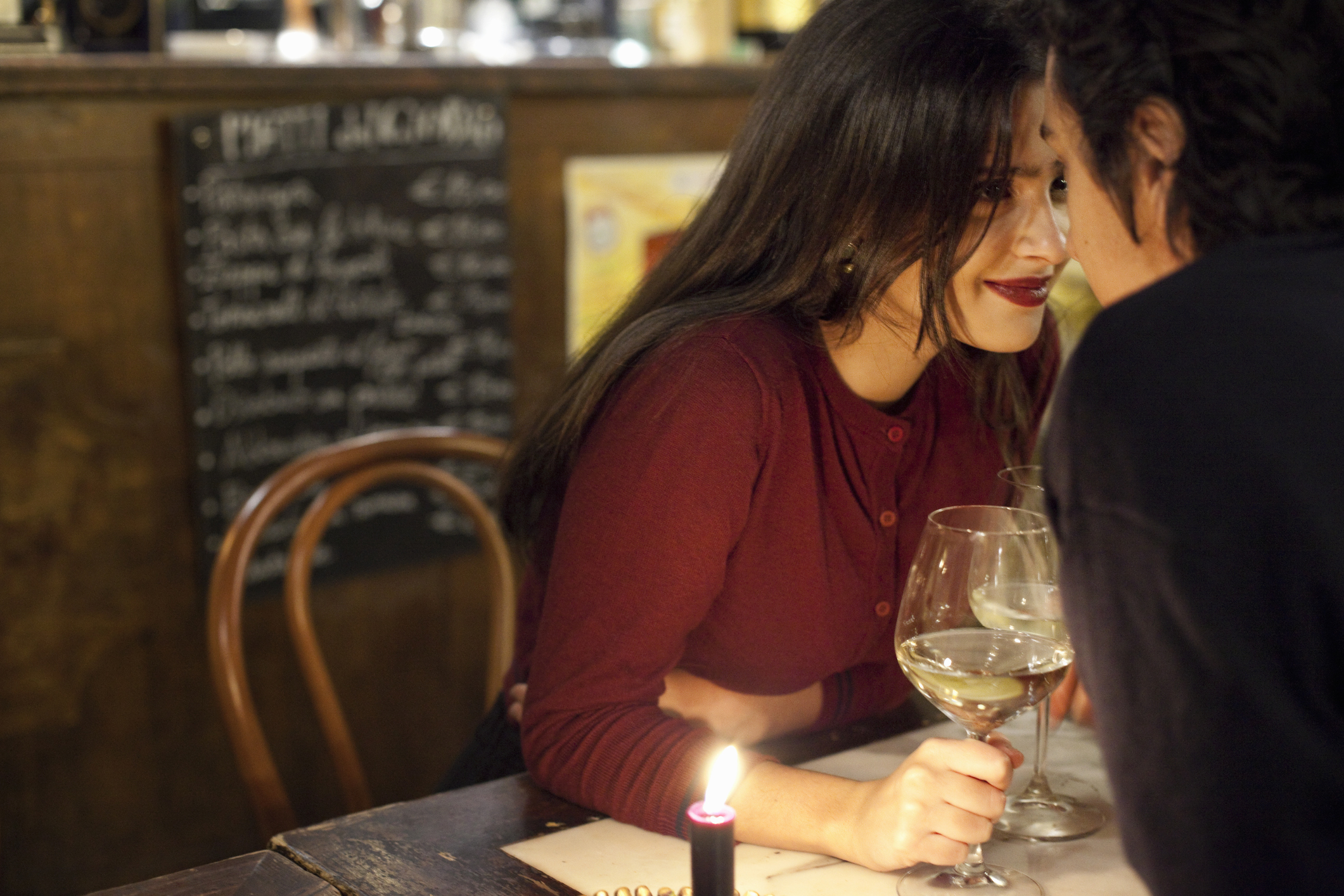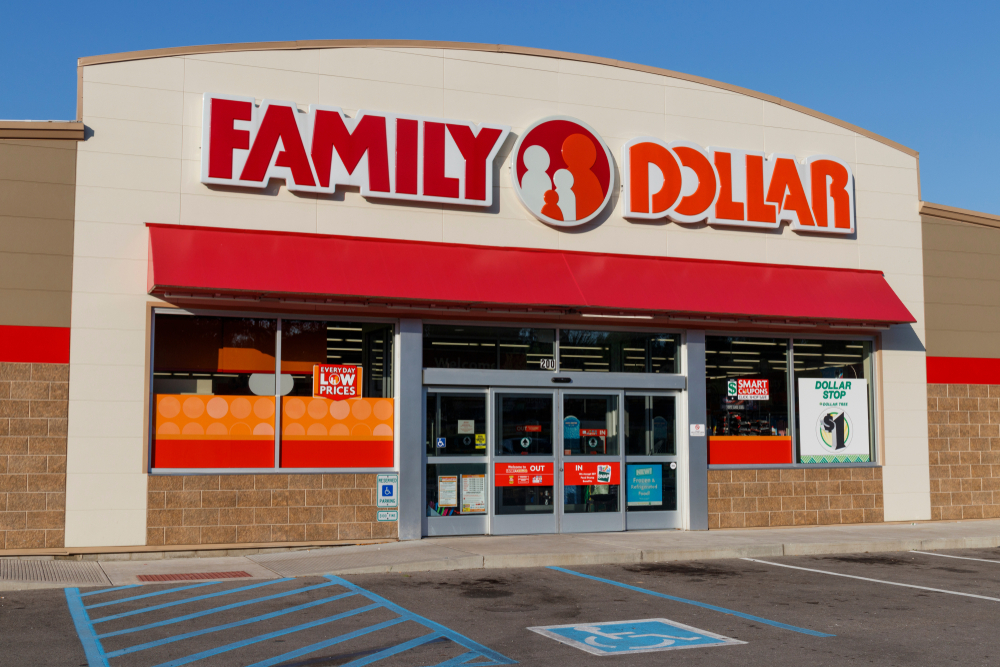Emotional dependence: the 7 signals that help you recognize it
Are you emotionally dependent? Here's how to get to the boss

The man, you know, is a sociable animal. He does not like to be alone and needs constant company and support. One of the best things in the (healthy) relationships is precisely this: to give and receive the support and security necessary to realize your dreams or in difficult moments: when you lose your job or an economic difficulty or a disease arrives. In a healthy relationship your partner or the people you have next will be your point of reference. Mutual support is important and makes any relationship stable and lasting, giving the brain a sense of well -being when it is possible to be useful and when it is supported. However, if your partner or any other person close to you, become your only and only point of reference, holder of your self -esteem, the only reason why you feel happy and complete, you have probably entered a state of emotional dependence that, Like any form of dependence, it can cause serious damage to your health. There is a risk of losing the ability to really take care of yourself and to be serene even alone, putting at risk all the social relationships that we have built over time.
Love and emotional dependence
Since emotional dependence can generate intense feelings, it is sometimes confused with love. In reality, they could not be more different things. Emotional dependence is based on need, fear and lack. The care, attention and confirmations that alone are not able to give are desired. A condition that can be so intense as to rotate everything around the recognition and affection of the other person. On the contrary, true love for another person was born in a land of sharing in which you appreciate and take care of those who are next to us as it is, and for its good. It is an offer, not a constraint, and is born from a desire for offer and desire to share, not fear, control or need. Therefore, the first requirement to defend itself from emotional dependence is to be able to love yourself.

Constant need for approval and reassurance
One of the signals of emotional dependence is the constant need to support you to others (or another person in particular) to manage complex emotions in everyday life. Feeling constantly in need of someone else's reassurance and approval is something that takes you to an insidious field for your serenity. Entrusting their emotional fulfillment to someone different from themselves leads to profound abandonment fears that, in turn, can push you to try to control the other person to keep it tight and feel more serene. A disastrous condition to say the least for a relationship because nobody likes to feel imprisoned or manipulated.

Fear that you don't worry about you
Another sign of this dependence is not trusting that the other person cares about you and really worries about you. Despite the thousand demonstrations of affection, the thousand care and the continuous attention, the fear of not being so important is unable to leave. And this is another alarm bell to give to ear.

Jealousy and possessiveness
Jealousy and possessiveness are other signals of emotional dependence on your partner. These are feelings that can trigger a large amount of anxiety and stress: you could worry about what the other person does when you are not there or to fix you that his feelings are not stable for you or that they are changing over time. This often causes mood swings, arrands of anger, depression and even a somatization of chronic stress, which leads to aillers such as stomach pain, headache and a impairment of the immune system.

Delegate one's happiness
This unhealthy relationship with itself leads to delegate one's happiness, to restore it in the hands of other people. So, even when everything goes well and beautiful things happen, if the approval or support of those who would like close to or it is difficult to believe that that support really exists, one is not able to be really happy. And you feel empty and agitated despite everything.

When born
Emotional dependence is usually a scheme that repeats itself several times in the course of life. But why are some people emotionally dependent and others don't? Although there is no univocal and definitive answer to this question, there are things that often unite those who are emotionally dependent and, usually, must be sought in the past. It is possible that the low self -esteem, which is the basis of addiction, derives from complex family dynamics, from too demanding work or academic challenges, from the negative judgments by peers, by episodes of bullying or from violent behavior to which it has been exposed From an early age. Negligence or trauma in childhood, verbal or physical abuses, which have disturbed and interrupted the natural development of social interdependence.

How to come to the head
Close to Riccio and avoid comparison and exchange with others is certainly not the solution. As with everything, virtue lies in the middle: the goal is to find a balance. We must learn to satisfy some emotional needs alone and rely on the partner and closest relationships to satisfy others. It is important to know your needs and learn to satisfy them, strengthen the inner link you have with yourself to give space to your feelings and give them value. Whatever the feeling you feel. An example of all? If your best friend is getting a promotion after another and this makes you green envy, instead of rejecting this feeling out of shame, recognize it and let it emerge. Share it. Do you feel the feeling of well -being that pervades your body? It works like this for everything.


Walmart customers "must immediately stop using" choppers of the pillars recalled

Family Dollar is under fire to have sold this to buyers
